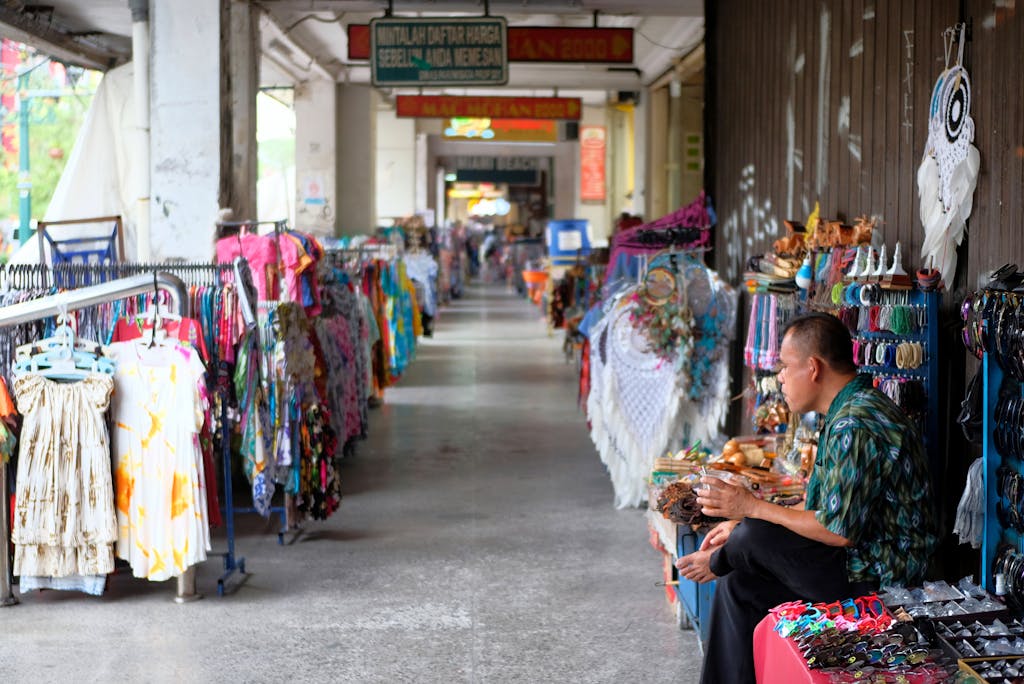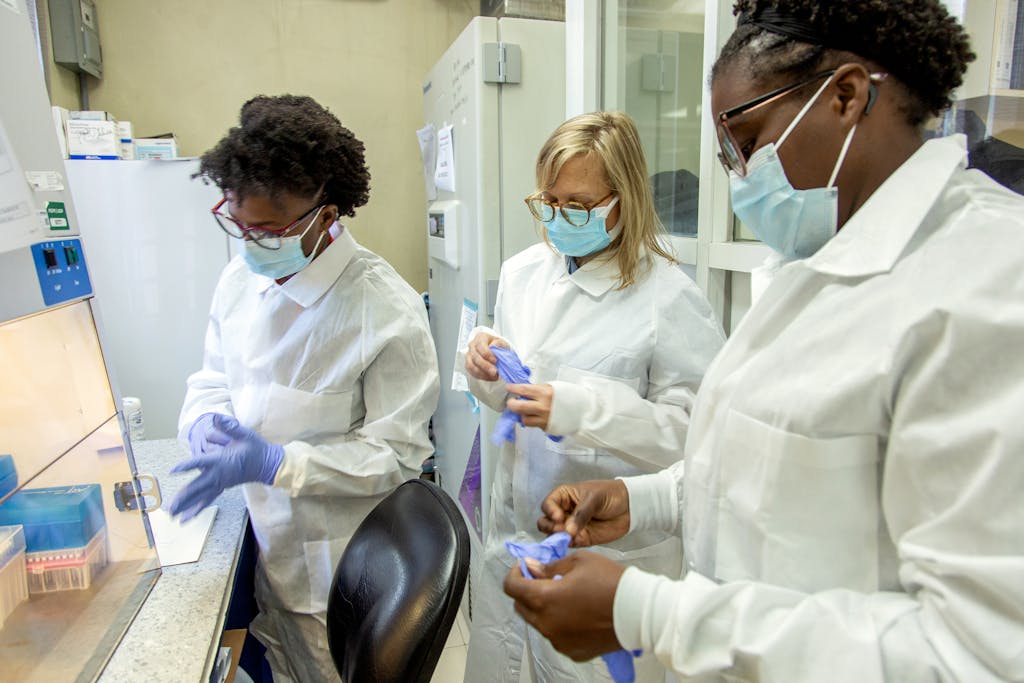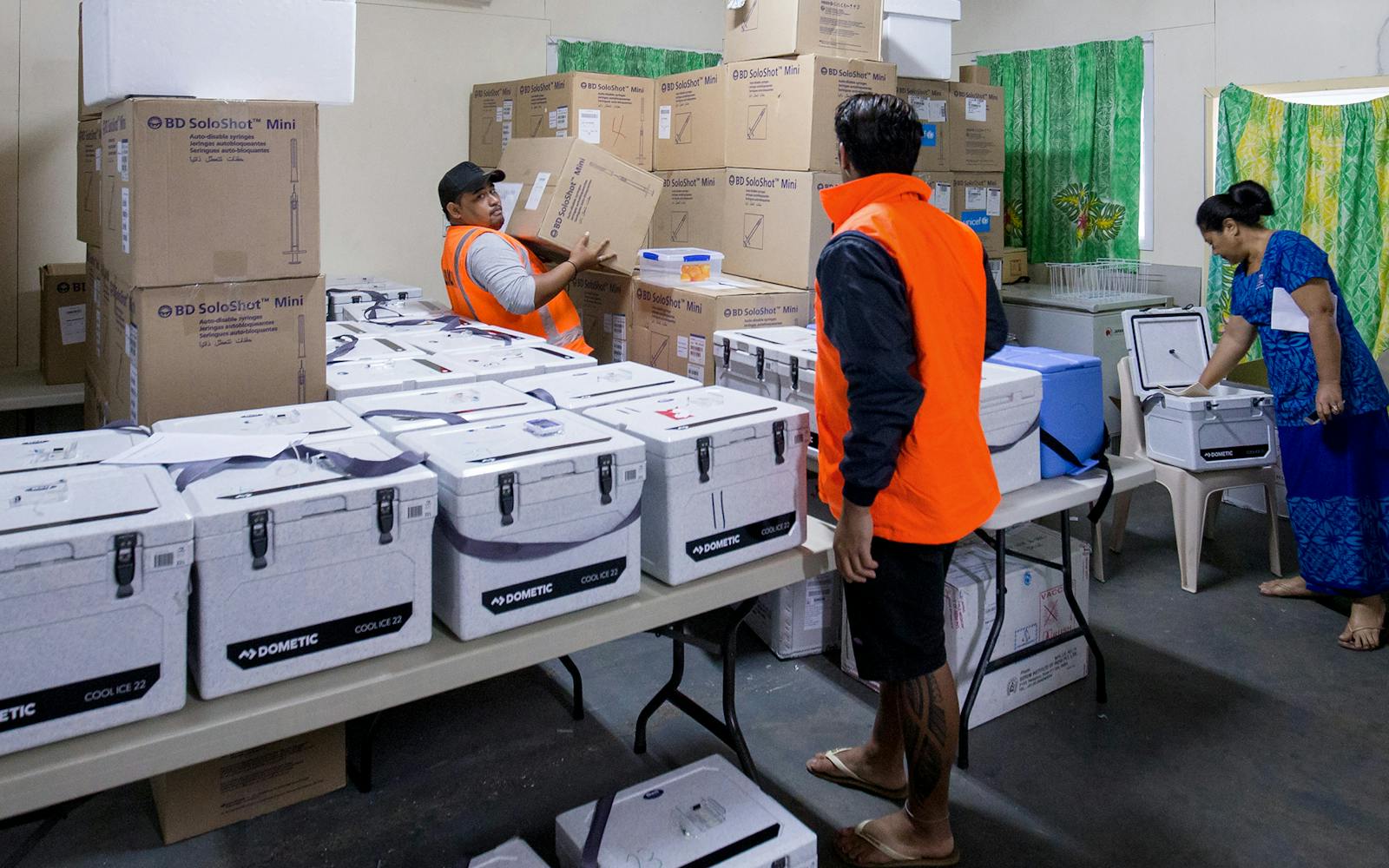Experts agree that a lot can be done to prevent future pandemics, mitigate their severity, and avoid repeating mistakes made during the response to COVID-19. Countries have been negotiating the terms of a pandemic accord to create a blueprint to prevent, prepare for, and improve response to future global health threats. It is a crucial step in securing the health and well-being of people everywhere.
What is the pandemic accord, and why do we need it?
Although the emergency phase of the COVID-19 pandemic has passed, we cannot forget the trauma it inflicted on all parts of society. It deepened economic inequality, sparked historic unemployment, spawned mental health crises, and exacerbated chronic health conditions for billions. If we do not learn from the deadly, costly mistakes made during the COVID-19 response, the world could be doomed to repeat them.
The COVID-19 pandemic proved, once and for all, that no one is safe until everyone is safe. A health crisis somewhere can very quickly become a health crisis everywhere. The COVID-19 pandemic also showed us the weaknesses in the international system that coordinates the world’s response to pandemic threats. Numerous expert review panels have reached the same conclusion: More must be done to reduce the likelihood and impact of future pandemics.
With this goal in mind, governments of the world, backed by the World Health Organization (WHO) and multilateral partners, have launched a range of initiatives to boost pandemic preparedness globally. These solutions include fixing medical equipment supply chains, increasing financing for preparedness, and investing in local capacities so low- and middle-income countries can address their medical needs with more autonomy.
Furthermore, to solidify collaboration and coordination at the highest levels of government, all of WHO’s 194 Member States resolved in December 2021 to develop an international agreement, referred to as a pandemic accord (and sometimes called a pandemic treaty), which will define rules and norms for how countries can better prevent pandemics from happening and respond to future health emergencies in order to protect the safety and well-being of people everywhere.

Empty shops on Malioboro Street in Yogyakarta, Indonesia, as consumer spending decreased in both urban and rural areas during the COVID-19 pandemic. Photo: Adi Purnatama
What could the pandemic accord accomplish?
International agreements serve an important role in holding countries accountable and solving global problems that transcend borders. For example, the Montreal Protocol on Substances that Deplete the Ozone Layer, the first treaty in the history of the UN to achieve universal ratification, has succeeded in eliminating around 99% of ozone-depleting substances.
If widely adopted by countries, the pandemic accord has the potential to stop pandemics before they start and to facilitate a faster, more effective response — saving lives and protecting against losses to the global economy.
Countries are negotiating the pandemic accord based on the principles of solidarity, equity, science and evidence, respect for human rights, and protection of national sovereignty over all health decision-making.
While still under negotiation, the final accord is expected to:
- Improve transparency and early warning of potentially dangerous outbreaks.
- Ensure health workers have the tools and protection they need.
- Facilitate faster development and deployment of new vaccines and medicines worldwide.
- Improve laboratory and surveillance capabilities around the world.
- Enable a faster, better, and more cooperative response to the next health crisis.
- Respect and protect human rights.
How soon will the pandemic accord be finalized?
Looking to take advantage of this once-in-a-lifetime opportunity to protect future generations from a repeat of the difficulty and loss the world suffered during the COVID-19 pandemic, countries set an ambitious timeline to complete the drafting and negotiation of the pandemic accord in just three years. Currently, negotiations are set to culminate in May in time for consideration of a Member-State-drafted proposal at the 77th World Health Assembly, which starts May 27, 2024.

Maryann Turnsek (center), microbiologist for the U.S. Centers for Disease Control and Prevention (CDC), works with staff at the molecular biology department of the National Public Health Laboratory of Haiti in Port-au-Prince. After more than three years with no cases of cholera reported in Haiti, the Ministry of Health confirmed two positive cases in October 2022, prompting health authorities to declare an outbreak. Photo: Georges Harry Rouzier / US CDC / UNICEF
Who decides what is in the pandemic accord?
The pandemic accord is being determined by governmental leaders from 194 countries through an ongoing negotiation process, facilitated by WHO. Once the final agreement is decided, each country will choose whether to be a party to it. Even though this process is being led by governments, there have been many opportunities for the wider public to lend their voice. To date, thousands of organizations and individuals have provided input through diverse platforms, including public hearings, online surveys, email submissions, and statements during meetings.
How would the pandemic accord change the way countries manage pandemic threats?
The pandemic accord is designed to strengthen collaboration and coordination across sectors, and ensure all people—including youth, healthcare professionals, community members, patients, and other members of society—are protected.
If agreed upon, the accord would create incentives and opportunities for greater transparency and collaboration among countries in areas that are key to a global response to pandemic threats. It would also establish means to encourage governments to comply, such as procedures for reporting and accountability.
What it would not do is hand over control of domestic public health policies to WHO or any other international body. As with other international agreements, the pandemic accord would not affect countries’ sovereignty. How each country goes about implementing the agreement would depend on its own domestic laws and policies.
How can I get involved?
First, it is important to educate yourself on the pandemic accord.
Take a moment to learn more about the pandemic accord negotiation process and explore some of the common myths and key facts about the accord.
Take it a step further and sign this petition from Global Citizen, calling on global leaders to finish what they have started by committing to an ambitious agreement to protect everyone from future pandemics.
This blog post was originally published on May 19, 2023.
Get Involved
Call on world leaders to support the pandemic accord and ensure that a pandemic like COVID-19 never happens again.





